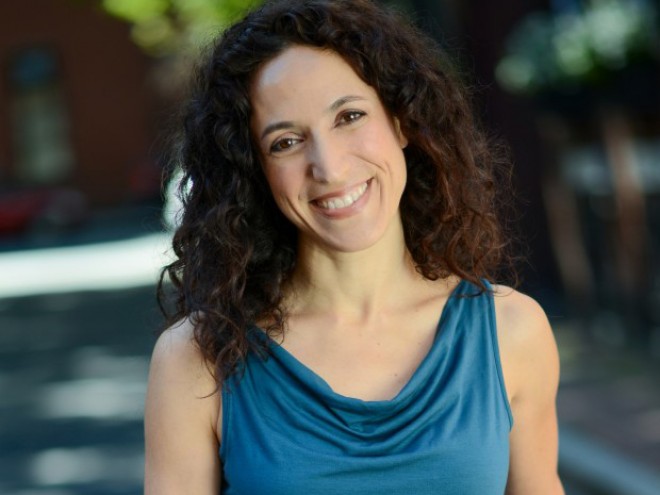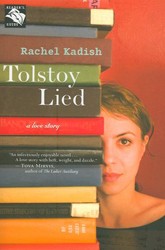In many ways a book about books, The Weight of Ink surprises with delights that are gradually revealed. At first it might seem almost necessary to take notes to follow the complex plot, but soon the reader will become absorbed in this rich opus of impressive breadth.
The beauty of this story is in the variety of its milieus and sensibilities. As we follow our female protagonists of both the seventeenth and twenty-first centuries — Ester Velasquez and Helen Watt, respectively — we also witness the goings-on of a venerable and drafty house of a rabbi in 1660s London, and glimpse the modern life of a cheeky young American man with heartrending troubles of his own. Perhaps most pivotally, we see an English girl’s time volunteering abroad on a kibbutz in Israel in the years after the war of independence. In spite of a gulf of over 300 years, these characters depend on each other each for their own reasons, any of which we in the present day can find parallel in.
The images of these different times and places, brought to life at once through painstaking detail and accessible prose, are startlingly clear, even cinematic. Supporting roles, too, are far from dull. Much more than mere foils, even minor characters are fascinating in their own right. Mary, at first unlikable in her childlike coquettish snobbery, eventually finds her way into one’s heart. Rivka, a servant and survivor of Polish pogroms, is not simply loyal, but also intrigues with a timeless intellect and will. The men in Ester Velasquez’s and Helen Watts’ lives wholly determine the courses of their universes. Indeed, perhaps too much for comfort, but believable nevertheless.
Weighty explorations of what it is to be Jewish and to enter interfaith relationships in multiple time periods are integral to each of these stories. Is there merit to keeping within the tribe? Are there, regardless of time, place, or commitment, bridges that those who would willingly enter the Jewish community from the outside can never truly cross? Crucially, what does it mean to choose survival over martyrdom? These questions play out in the characters’ personal lives concurrently with Ester’s philosophical forays into the nature of God. No stone is left unturned in either study.
Kristin Gibbons is a librarian at the Denver Public Library. She attained her MLIS from the University of Denver, and her BA in Anthropology from the University of Colorado Boulder.
Discussion Questions
Reading Group Guide copyright © 2018 by Houghton Mifflin Harcourt
- Describing the impact of his blindness, the rabbi says to Ester, “I came to understand how much of the world was now banned from me — for my hands would never again turn the pages of a book, nor be stained with the sweet, grave weight of ink, a thing I had loved since first memory” (page 196). For the rabbi and for Ester, ink means many things — among them freedom, community, power, and danger. What does the written word mean to you? Is it as powerful today, amid all our forms of media, as it was to the rabbi and to Ester?
- The novel opens with a quote from Shakespeare’s Sonnet 71: “Nay, if you read this line, remember not / The hand that writ it.” Which characters in the novel choose to give anonymously, or without receiving any credit? Would you be willing to have your most meaningful accomplishments remain anonymous or even be attributed to others? In today’s interconnected world, with privacy so hard to achieve, is there anything you would write or say if you knew your words would be anonymous?
- In order to write, Ester betrays the rabbi’s trust. Yet in her final confession Ester says, “Yet I would choose again my very same sin, though it would mean my compunction should wrack me another lifetime and beyond” (page 529). Is Ester’s betrayal of the rabbi’s trust forgivable? When freedom of thought and loyalty argue against each other, which should a person choose?
- John, Manuel, and Alvaro off er Ester very different sorts of love. What does each off er her, and what sacrifice does each require? How might you answer this question for the love between Dror and Helen?
- Both Helen and Ester fear love. How do they wrestle with this fear? Could they have made choices other than the ones they made?
- In what ways does Aaron mature over the course of the book?
- Do the motivations of Ester, Helen, and Aaron change as the story progresses?
- Ester’s life is shaped by wrenching choices between the life of the mind and the life of the body. Can a woman today freely choose to combine love, motherhood, and the life of the mind, without unacceptable sacrifices?
- What story do you imagine Dror would tell about his experience with Helen?
- Ester grows up in a community of Portuguese Inquisition refugees who are fiercely focused on ensuring their safety in the “New Jerusalem” of Amsterdam; they place great importance on reviving Jewish learning and they give their harshest punishment to Spinoza for his heretical pronouncements. When Helen goes to Israel, she encounters Holocaust survivors struggling with the legacy of their losses and the need to establish safety in their new home. In what ways are these communities similar, and in what ways are they different?
- What clues does the author include as to the identity of the true grandfather of the female scribe? Did Lizabeta (Constantina’s mother) make the right choice in refusing to play on his pity and beg him to keep her and her daughter in London?
- After months of chafing at the Patricias’ strict stewardship of the rare manuscript room, Aaron has this epiphany: “And as if his own troubles had given him new ears, Aaron understood that her terseness was love — that all of it was love: the Patricias’ world of meticulous conservation and whispering vigilance and endless policing over fucking pencils” (page 541). What sorts of love are on display in unexpected ways in The Weight of Ink? In what unexpected ways does love show itself in your own world?




